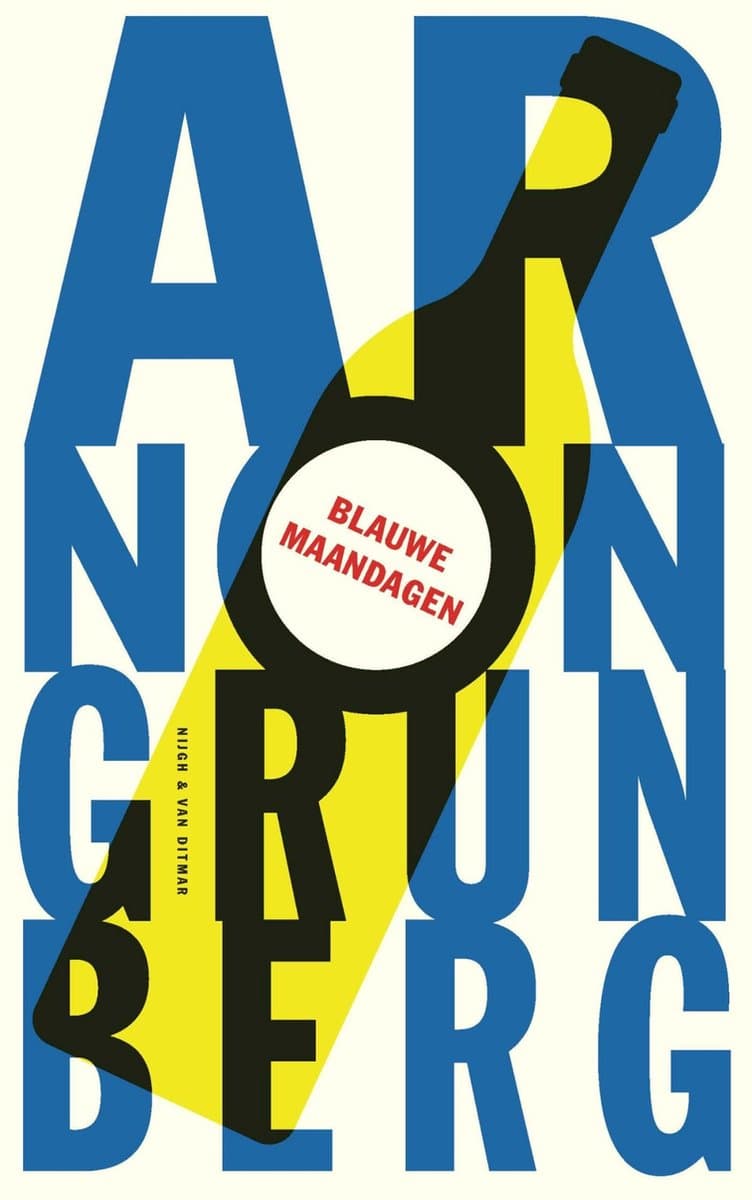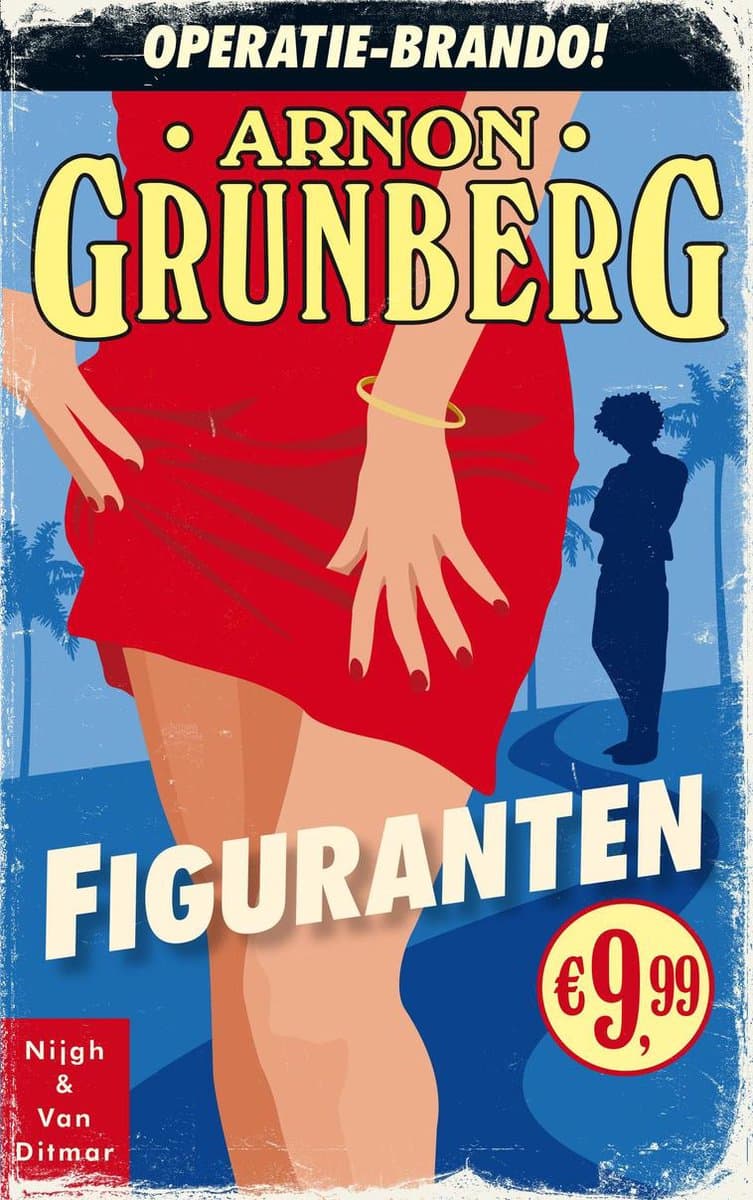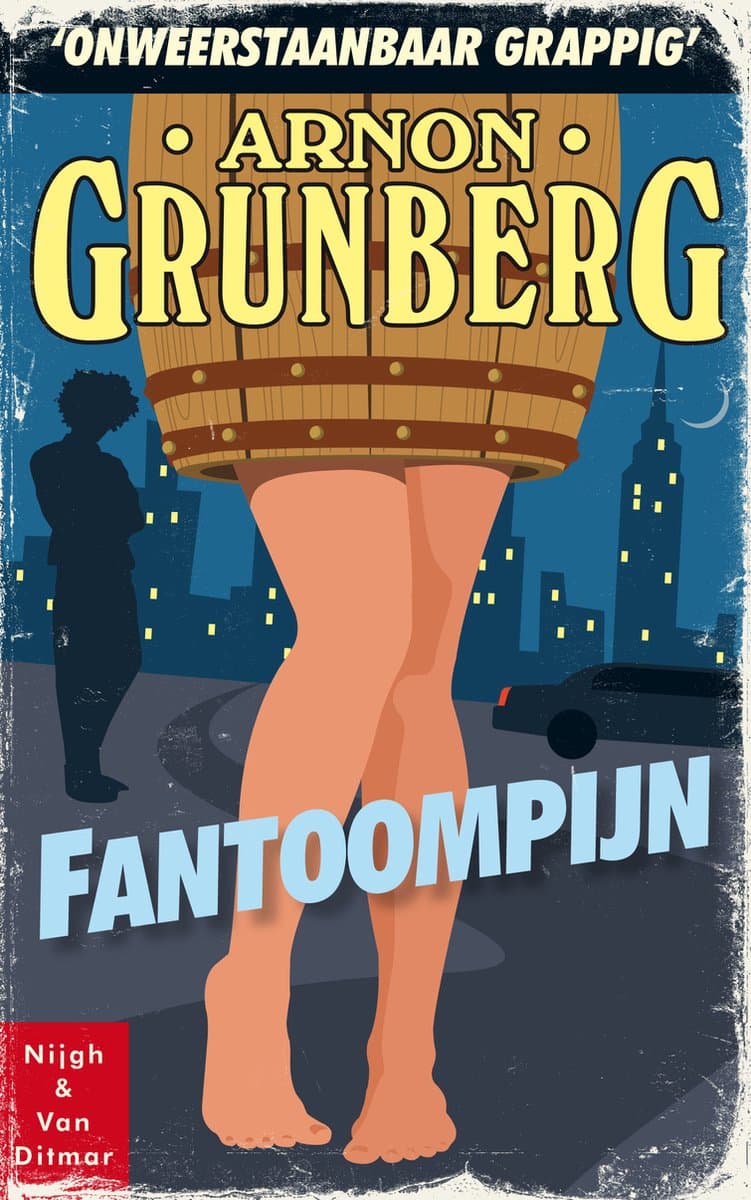Arnon Grunberg
Arnon Grunberg (b. 1971) debuted at the age of 23 with the wry, humorous novel novel 'Blauwe maandagen' (Blue Mondays, 1994), which brought him instant success. Some of his other titles are 'Figuranten' (Silent Extras, 1997), 'De asielzoeker' (The Asylum Seeker, 2003), 'De joodse messias' (The Jewish Messiah, 2004), 'Moedervlekken' (Birthmarks, 2016) and 'Goede mannen' (Good Men, 2018).
.jpg&w=3840&q=75)
Under the pseudonym Marek van der Jagt he published the successful De geschiedenis van mijn kaalheid (The Story of my Baldness, 2000) and Gstaad 95-98 (2002), as well as the essay Monogaam (Monogamous, 2004). Grunberg also writes plays, essays and travel columns. His work has won him several literary awards, among which the AKO Literature Prize for Fantoompijn (Phantom Pain, 2000) and De asielzoeker (The Asylum Seeker, 2003), and both the Libris Literature Prize and the Flemish Golden Owl Award for Tirza (2006). His work has been translated into over 25 languages. He has contributed to numerous international newspapers, including The New York Times, The Times of London, L’Espresso and Die Zeit. Arnon Grunberg lives and works in New York.
More Arnon Grunberg

Blue Mondays
Absurd, unashamed and amusing’ well describes the life story of the character Arnon Grunberg, drawn up by the author of the same name. Little by little, the latter reveals what the former is like – a refined method that shows the writer to be considerably less harebrained than the Grunberg on paper, a small, Jewish, good-for-nothing guy with a grossly pale face, big nose, curly hair, glasses and pimples, who gives off an odor that begs for a pail of water and a big bar of soap.

Silent Extras
Whereas Grunberg described the world of paid love and escort services in his first novel, 'Blauwe maandagen', here he describes the film world. The protagonist Ewald Stanislas Krieg and his two friends, the eccentric Broccoli and the inaccessible Elvira, have ‘heard the call of Hollywood’ and make futile efforts to become rich and famous. What follows is a hilarious but humiliating journey through casting agencies, alternative youth theatre and the odd supporting role: ‘In the script they called the part I had to play Pimply Kid.’

Phantom Pain
‘If the laws of economics apply to anything, then it’s to emotions,’ is one of Robert Mehlman’s many one-liners. Mehlman, the central character in 'Phantom Pain', is tormented by writer’s block, his only successful publication being a cookery book called The Polish-Jewish Kitchen in 69 Recipes, which he wrote purely for money. He briefly became world famous when his book was interpreted as a positive take on coming to terms with the Holocaust – only Arnon Grunberg, or perhaps Woody Allen, could come up with a joke like that.

The Jewish Messiah
‘Because his grandfather had served the SS with genuine enthusiasm and an abiding belief in progress, the grandson also wanted to serve a movement with enthusiasm and belief in progress.’ This is the kick-off to a slapstick story with a grim twist. The movement that 16-year old Xavier Radek decides to serve is Zionism. More specifically, his goal is to console the Jews.